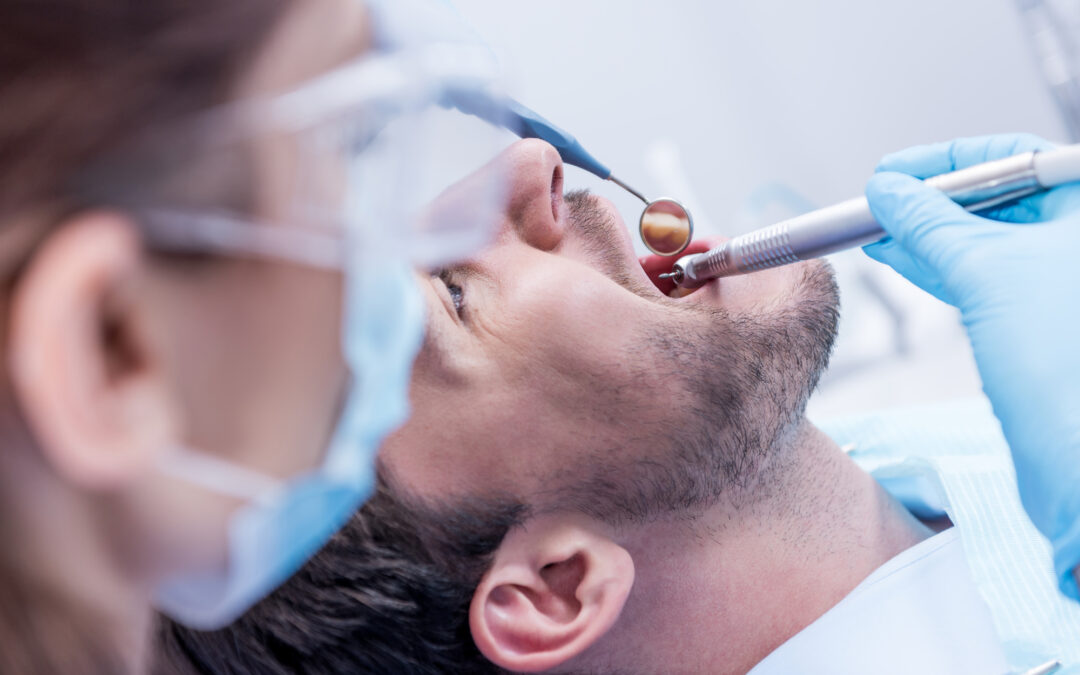When toothaches strike or accidents happen, the urgency of dental emergencies requires immediate attention. In these critical moments, the expertise of emergency dentists becomes paramount. Unlike general dentists who focus on routine check-ups and preventive care, emergency dentists undergo specialized training to handle acute dental issues swiftly and effectively.
Understanding the Role of Emergency Dentists
Emergency dentists play a crucial role in providing immediate care for dental problems that cannot wait for regular office hours. These professionals are trained to address a wide range of urgent dental issues, including severe toothaches, knocked-out teeth, broken crowns or bridges, and other traumatic injuries to the oral cavity.
Specialized Education and Training
To become an emergency dentist, individuals typically follow a similar educational path as general dentists. This involves completing a bachelor’s degree, followed by dental school, leading to a Doctor of Dental Medicine (DMD) or Doctor of Dental Surgery (DDS) degree. However, the specialization occurs through postgraduate training and continuing education.
Emergency dentists often pursue additional training in oral surgery, trauma management, and other relevant fields. Some emergency dentists may have certifications in Advanced Cardiovascular Life Support (ACLS) and Pediatric Advanced Life Support (PALS) to handle emergencies involving patients of all ages.
Acquiring Skills for Urgent Situations
Emergency dentists need to be well versed in various dental procedures and techniques to address urgent situations. This includes proficiency in oral surgery procedures such as tooth extractions, treating facial trauma, and managing infections. They must also be skilled in handling diagnostic tools, such as X-rays, to quickly assess and diagnose dental issues.
Moreover, these professionals need to possess excellent communication and interpersonal skills to calm anxious patients experiencing dental emergencies. Establishing trust and providing reassurance is crucial in these high-stress situations.
Dealing with Traumatic Injuries
A significant aspect of an emergency dentist’s training involves dealing with traumatic injuries to the oral cavity. It’s obvious to say that for the patients dental emergencies are usually unpleasant – often extremely so. Accidents resulting in knocked-out teeth, broken jaws, or lacerations require immediate and precise intervention. Emergency dentists are trained to stabilize and treat these injuries, often working closely with other healthcare professionals, such as oral surgeons or maxillofacial surgeons, when necessary.
Understanding Medical Emergencies
Dental emergencies can sometimes be linked to broader medical issues, such as heart problems or allergic reactions. Emergency dentists are trained to recognize and respond to these situations appropriately. This involves having a comprehensive understanding of medical emergencies and knowing how to collaborate with other healthcare providers to ensure holistic patient care. A great test for them is the how near and how fast element – can they respond faster as time is usually a critical component of emergencies.
Staying Current with Advancements
Continuing education is a cornerstone of emergency dentistry. Given the ever-evolving nature of dental technology and treatment techniques, emergency dentists must stay updated on the latest advancements in their field. This commitment to ongoing education ensures that they can provide the best possible care, incorporating new techniques and technologies into their emergency dental practice.
Collaboration with Other Healthcare Professionals
Emergency dentists often work in collaboration with other healthcare professionals to provide comprehensive care. This may involve coordinating with emergency room physicians, oral surgeons, and specialists in fields like cardiology or allergy medicine. The ability to work as part of a multidisciplinary team is crucial for managing complex cases and ensuring optimal patient outcomes.
The Specialized Training of Emergency Dentists
Emergency dentists undergo specialized training to handle urgent dental issues with precision and expertise. Their education extends beyond the foundational knowledge acquired in dental school, encompassing oral surgery, trauma management, and the ability to navigate medical emergencies. The commitment to continuous learning and collaboration with other healthcare professionals allows emergency dentists to provide timely and comprehensive care, ensuring that individuals facing dental crises receive the attention they need when it matters most.

